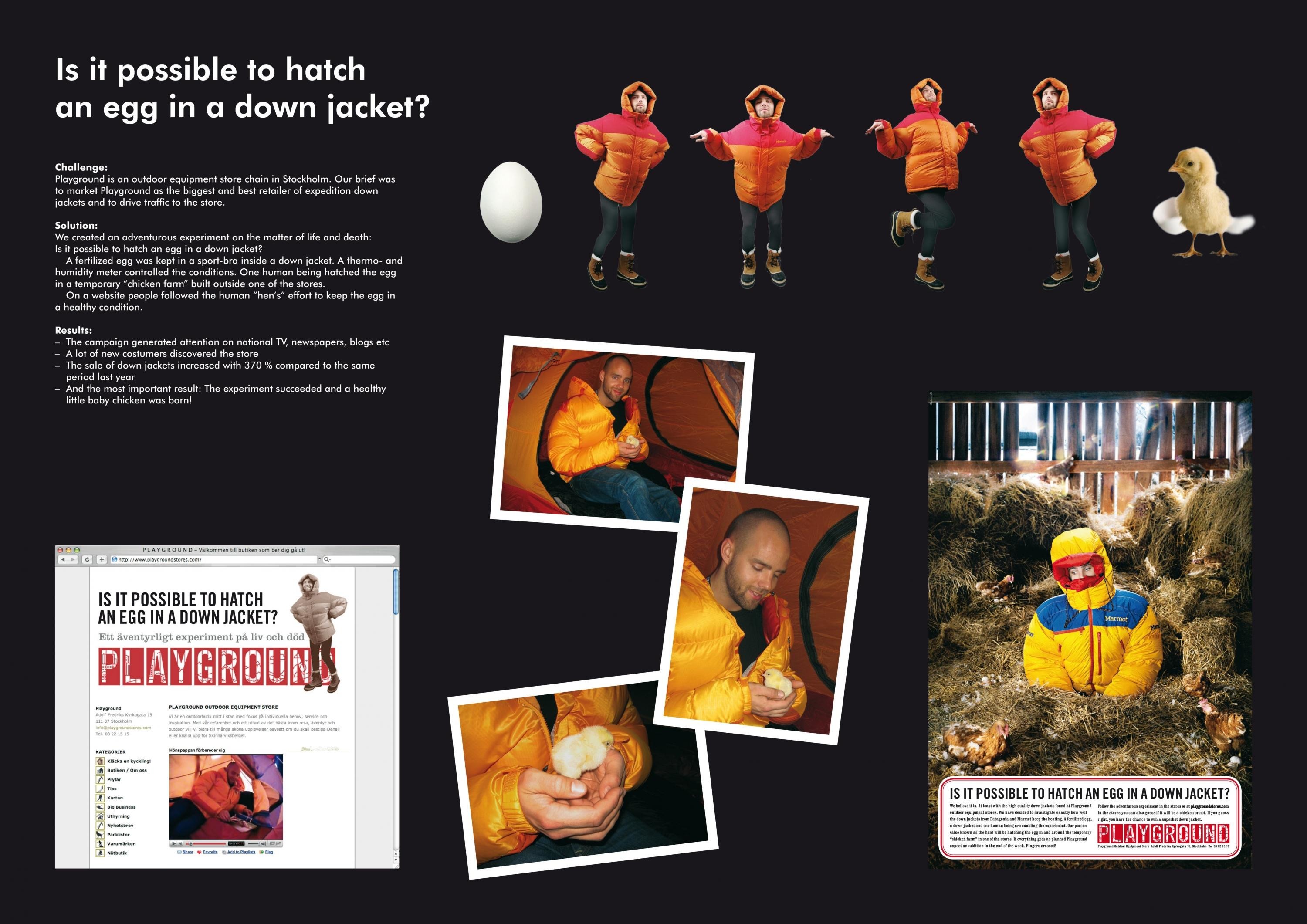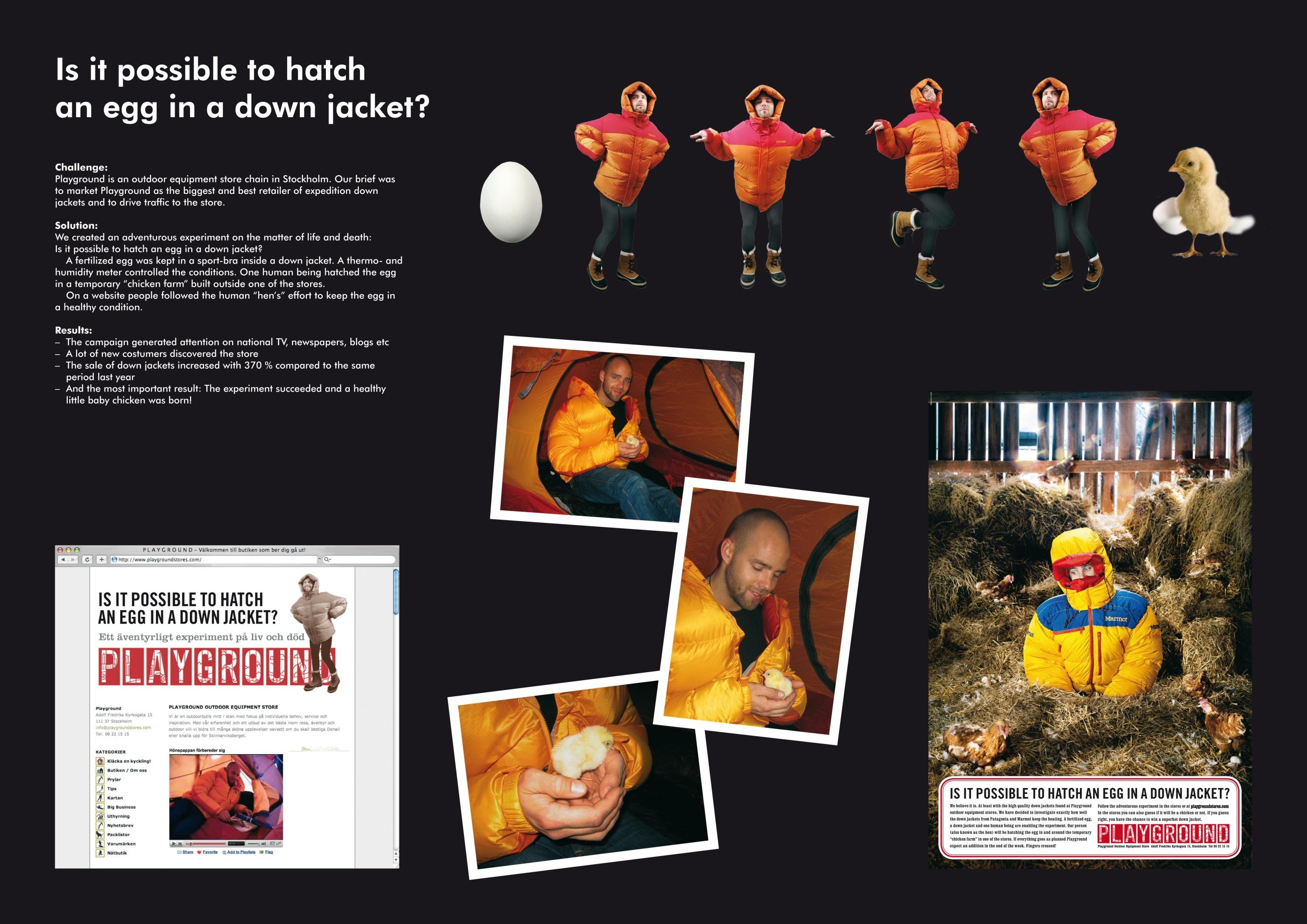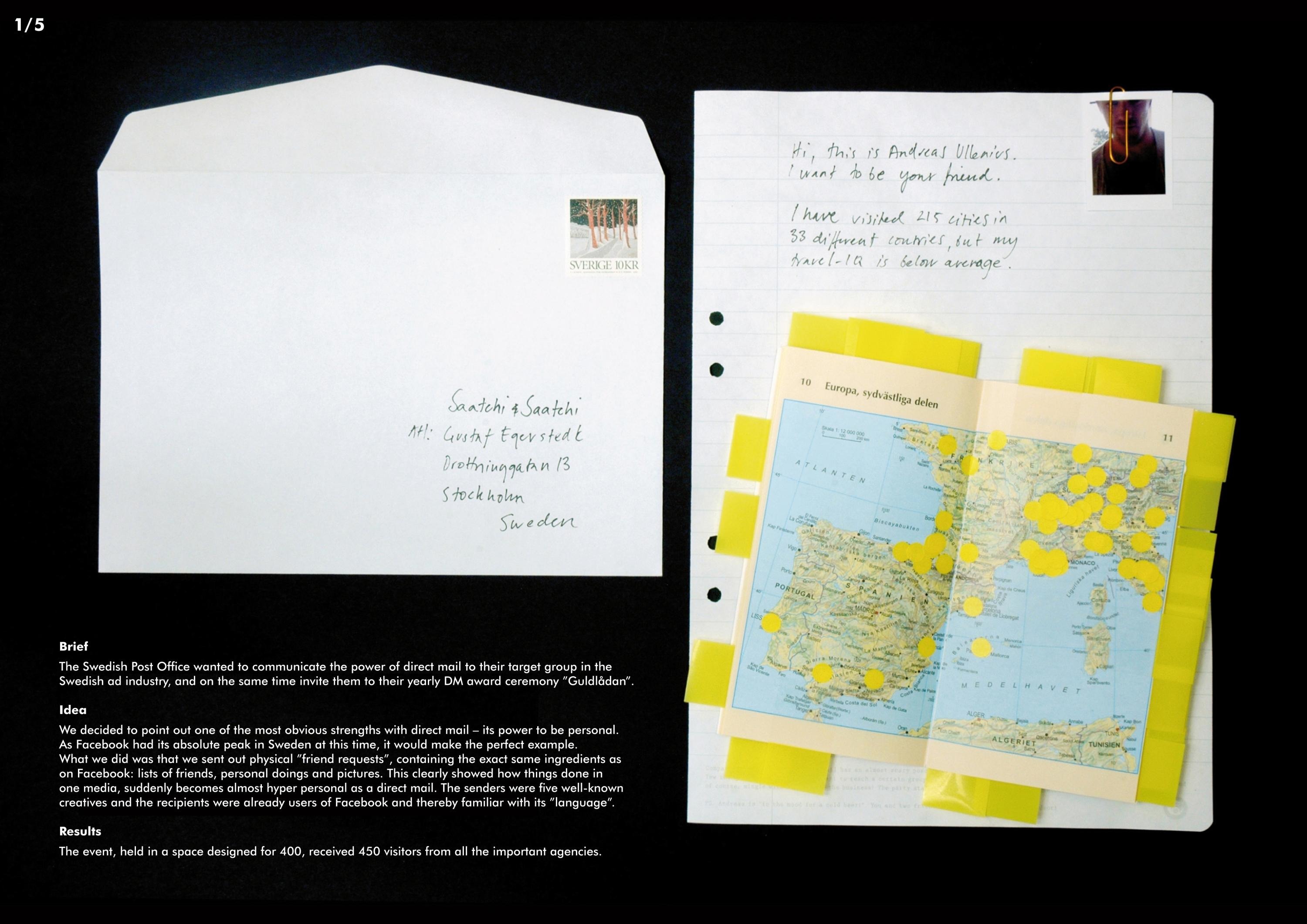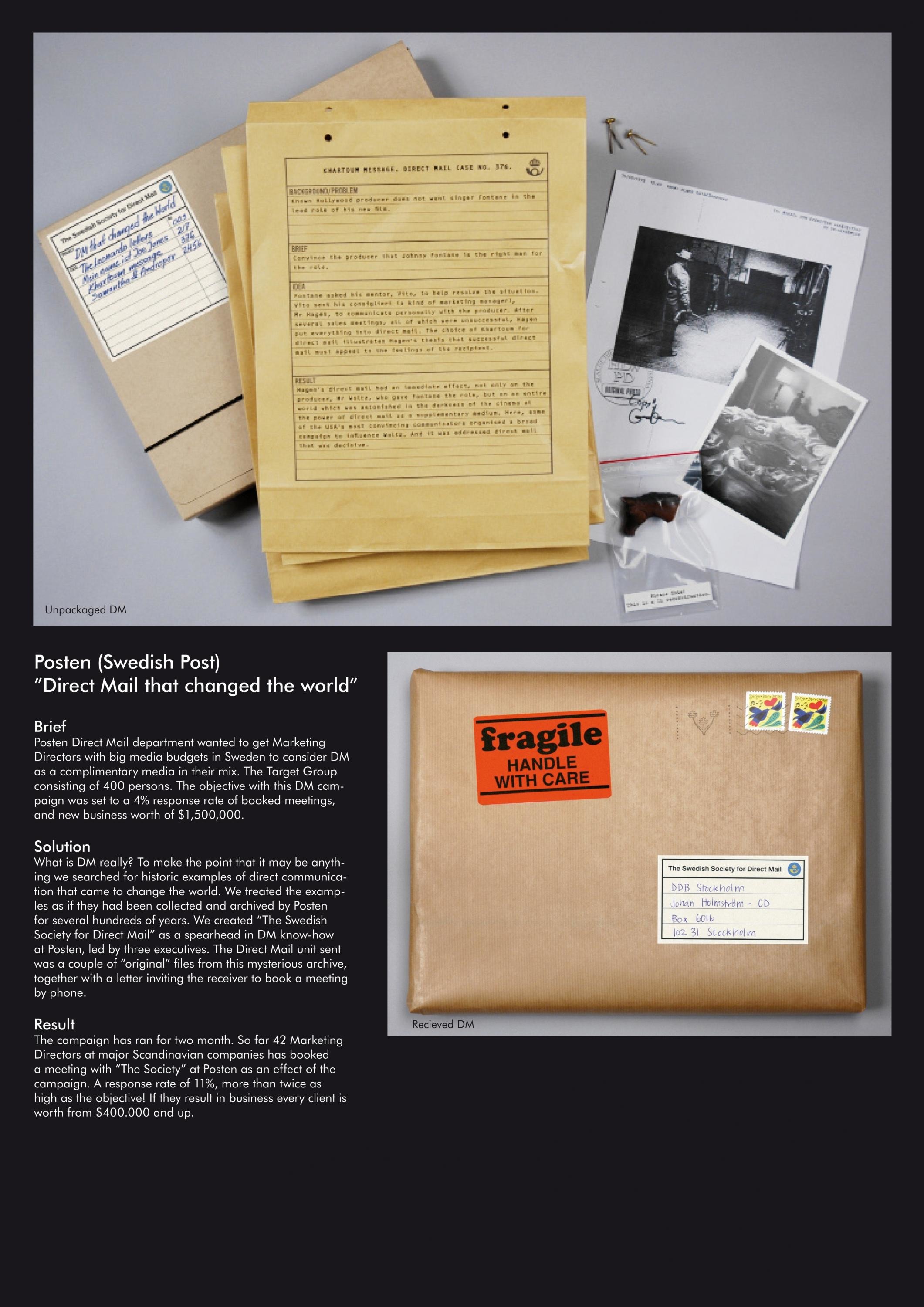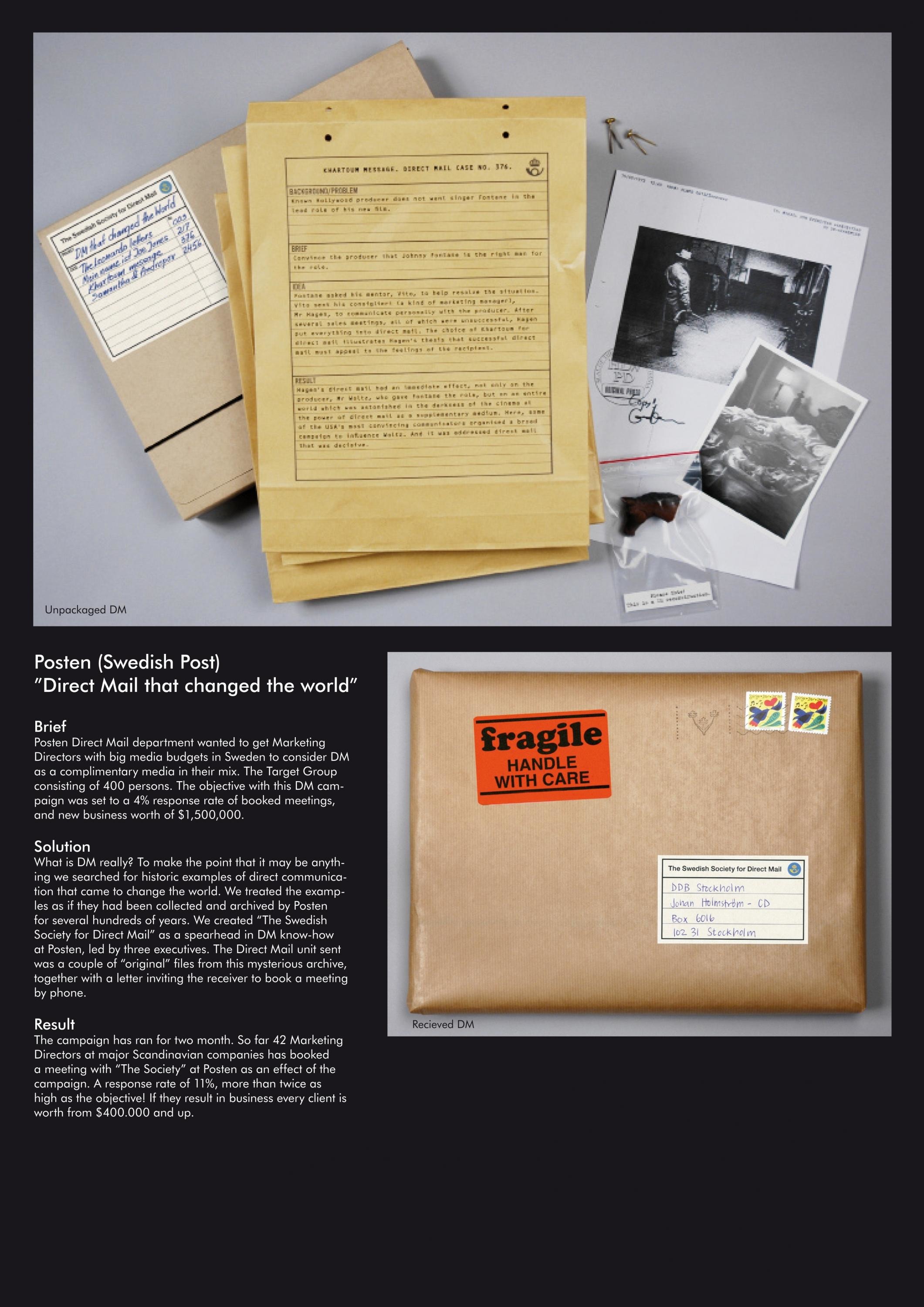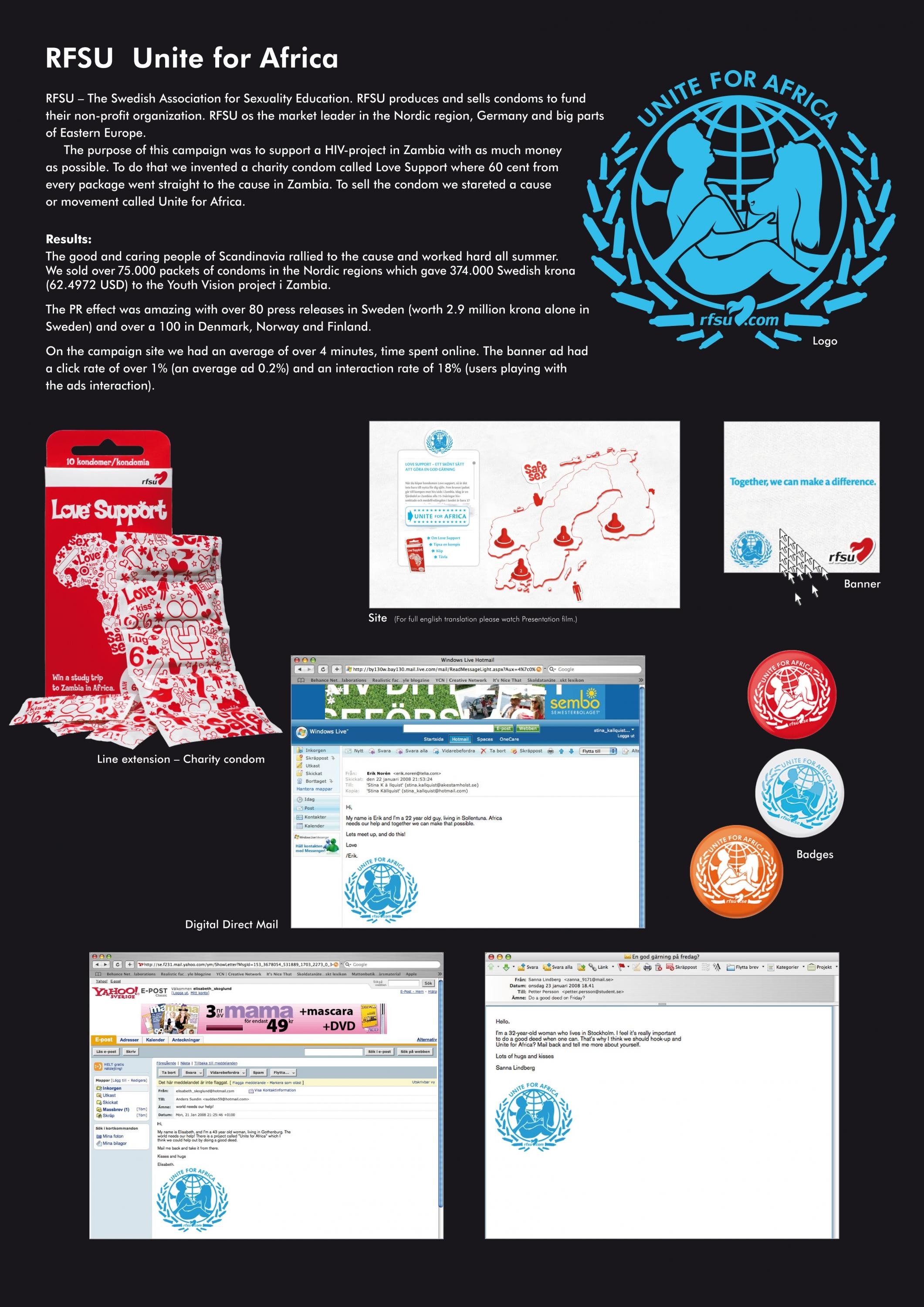Brand Experience and Activation > Touchpoints & Technology
A PROMPT FOR FREE SPEECH
AKESTAM HOLST, Stockholm / PRESSBYRÅN + REPORTERS WITHOUT BORDERS / 2023
Awards:
Overview
Credits
Overview
Why is this work relevant for Brand Experience & Activation?
Founded in 1906 with the aim of spreading news, Pressbyrån has always been an advocate for press freedom. But journalists are being silenced. One of them is the Swedish-Eritrean journalist Dawit Isaak who's been imprisoned longer than any other journalist in the world. To make sure that his fate is not forgotten, we partnered up with Reporters Without Borders and with the help of AI technology, set his imprisoned voice free. The activation proved Pressbyrån's role as a news supplier, stayed true to the brand while deliberately pushing the boundaries of journalism, all in the name of press freedom.
Background
Swedish-Eritrean journalist Dawit Isaak has been imprisoned, and silenced, longer than any other journalist in the world. Over the 21 years that have passed, many efforts have been made to set him free but to no avail. Each year, the silence regarding his situation grows, posing a direct threat to free speech. For this year’s World Press Freedom Day, Pressbyrån, Sweden’s biggest newspaper retailer partnered up with Reporters Without Borders to highlight the issue.
Describe the creative idea
To reignite public opinion regarding Isaak’s situation, we had to push boundaries. By using AI technology and training it with Dawit Isaak's previous work, we were able to recreate his journalistic voice and write a new article. The article considers the importance of free speech. It is based on a dataset containing up to as many as 36,000 words written by Dawit Isaak in both published and censored articles. The material was collected with the help of Reporters Without Borders and fed into an AI platform. Based on a prompt instructing the AI to write an article with the same tone, style, and qualities as those which characterize the work of Dawit Isaak, the article was produced and continuously reviewed by Dawit’s family and journalists who are very familiar with his texts and his journalistic work.
Describe the strategy
In the initial years after Isaak's arrest, there was significant interest and outcry from the public and journalists demanding that the Swedish government do everything in its power to ensure Isaak receives fair and just treatment. However, as time passed without any progress being reported, the engagement for his case dwindled. While most Swedes are aware of his case, few actively work towards freeing him. Despite the seemingly hopeless situation, attention must be kept on his case.
To reignite public opinion and engage journalists to press the Swedish government to ensure Isaak receives fair treatment, an unexpected and intentionally contentious solution was chosen. Using AI technology to write an article in a journalist's name is a controversial move for journalists. We deliberately aimed to create friction since we don't mind if industry professionals have objections to the method, as long as Dawit's fate is also publicly discussed.
Describe the execution
Using AI in journalism is a sensitive and controversial subject, so we hit where it hurt to make sure that Dawit's fate was publicly debated. The campaign set off with a teaser on Pressbyrån’s social media channels, supported by DOOH. On World Press Freedom Day, we published the AI-generated editorial article in Dawit Isaak's name in Sweden's largest daily newspaper, Expressen, to make sure that the fate of Dawit is not forgotten. And a controversial reminder that we must never take free speech for granted. The article was also contextualized with an explanation from Expressen's deputy editor-in-chief as to why they chose to publish it editorially – which further reinforced of the impact of the AI-generated article.
The campaign was supported with outdoor advertising, posters, billboards, print, on social media, and a website where the article could be read in Swedish, English, French, and Tigrinya (Dawit’s native language).
List the results
The campaign earned a reach of 55% among the Swedish population over the age of 16. Additionally, a bought reach of 64% was achieved through media spend totaling 55,980 USD. The campaign gained traction and was picked up by Sweden's largest daily newspaper and Swedish National Public Radio. The campaign site also received visitors from over 30 different countries, including nations that are ranked among the world's worst for press freedom, such as Iraq, Sudan, and Jordan. Overall, the campaign successfully reached a wide audience and garnered attention from both domestic and international sources.
Is there any cultural context that would help the jury understand how this work was perceived by people in the country where it ran?
Dawit Isaak is a well-known name in Sweden due to the terrible, and unfair, circumstances regarding his imprisonment. No other journalist in the world has been imprisoned for as long as Dawit Isaak. Many efforts have been made to set him free by the Swedish government, and his family, colleagues, and friends have publicly spoken up about the horrible situation. Therefore, setting his voice free like this in a context where the words "Free Dawit" are synonyms with the fight for justice and press freedom adds another volume to the campaign.
More Entries from Metaverse, New Realities & Emerging Tech in Brand Experience and Activation
24 items

